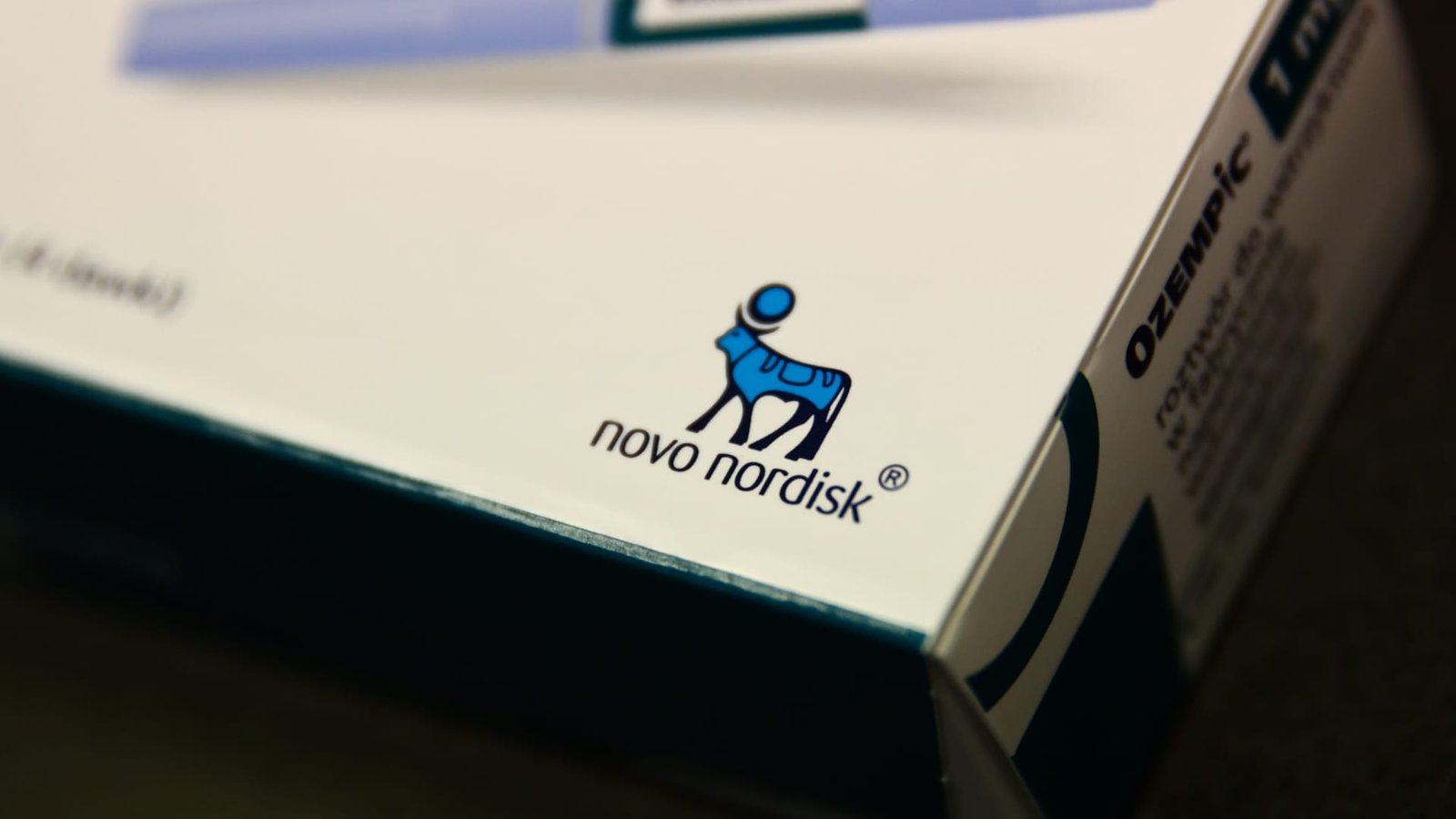In this article, Merck announced on Wednesday that it has acquired the rights to an experimental weight loss pill from Chinese pharmaceutical company Hansoh Pharma in a deal valued at up to $2 billion. The oral drug has not yet undergone human trials, and Merck has not disclosed the specific diseases it intends to test the drug on initially. However, this acquisition enhances Merck’s prospects of gaining a share in the growing obesity drug market, projected to exceed $100 billion annually by the early 2030s.
Various other pharmaceutical companies, such as Pfizer and Roche, are in a race to develop more convenient obesity pills to compete with successful injections from Novo Nordisk and Eli Lilly. As per the agreement, Merck will obtain the exclusive global license to develop, produce, and market Hansoh Pharma’s HS-10535, an experimental oral drug that targets the gut hormone GLP-1. Novo Nordisk’s popular weight loss drug Wegovy and diabetes treatment Ozempic also focus on GLP-1 to reduce appetite and regulate blood sugar levels.
Merck will make an initial payment of $112 million to Hansoh for the drug rights, with the potential for additional milestone payments and royalties on sales amounting to $1.9 billion, as stated in a press release. Merck anticipates a pretax charge of $112 million, equivalent to 4 cents per share, in its fourth-quarter financial results. Dean Li, president of Merck Research Laboratories, highlighted that the oral drug has the potential to offer additional cardiometabolic benefits besides weight reduction.
Merck’s CEO Rob Davis had previously expressed the company’s interest in GLP-1 treatments with broader benefits beyond weight loss. He emphasized the importance of demonstrating cardiovascular and diabetes outcomes, as well as potential benefits for fatty liver disease. This strategic move by Merck is part of a broader trend involving experimental GLP-1 drugs from China, with AstraZeneca having licensed an experimental oral drug from Chinese company Eccogene last year, which has since progressed to mid-stage development.



